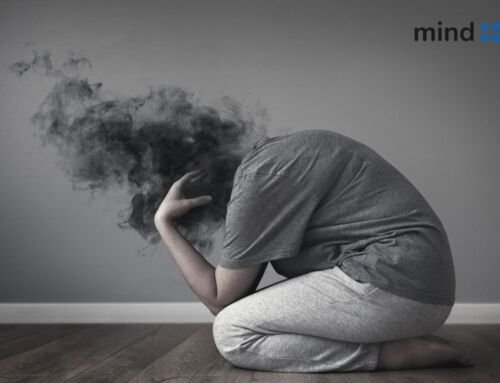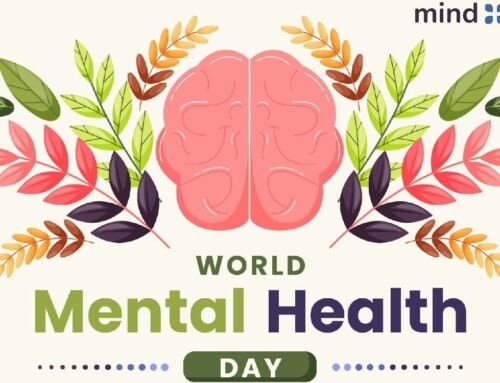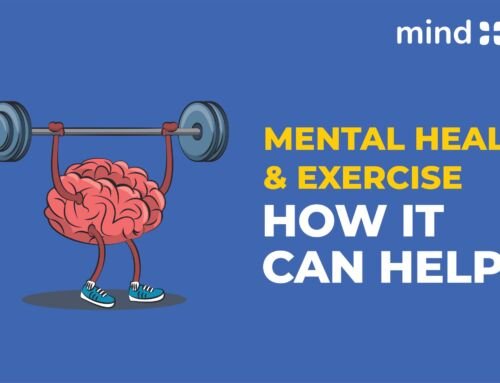Schizophrenia Causes and its Stages
By Anushka Goswami, Psychologist
Mental Health disorder is something that is still not taken seriously and a common belief still exists that people who have any mental health issues are going “cuckoo”. Mental health disorders range across various levels of severity. One such severe mental disorder is Schizophrenia. Schizophrenia is a serious mental health disorder in wherein reality starts to break in people’s lives. Patients start interpreting their reality abnormally and have various symptoms that may disarray their lives. These symptoms cause severe distress in the lives of the patients as well as their caregivers. The patients have severe disruptions in their personal and social life. The symptoms present in schizophrenia may be widely divided into two categories, positive symptoms, and negative symptoms. These symptoms include delusions, hallucinations, disordered thinking, and behaviors that impair daily life functioning. This disorder might also result in difficulties in one’s cognition, emotions, and behavior.
If we look closely at the trajectory of a patient with schizophrenia, we can widely divide their disorder span into three stages. These three distinct phases are the Prodromal stage, Active stage, and Residual stage, which sure have some overlapping symptoms. At the same time, the knowledge and awareness of these stages are very necessary to receive the needed schizophrenia treatment to manage the presenting symptoms.
Prodromal Stage
The first stage of schizophrenia is called the Prodromal stage. This stage occurs before the typical symptoms of schizophrenia start to show. During this stage, an individual goes through various behavioral and cognitive changes which slowly lead to clear psychosis. There are no specific symptoms in this early stage but a few of the majorly seen symptoms are as follows:
- Social isolation
- Anxiety
- Lack of motivation
- Irritability over minute things
- Difficulty in concentrating
- Various sleep problems
- Erratic behavior
- Starting to neglect personal hygiene
- Changes in one’s normal daily routine
- Mildly or poorly formed hallucinations
According to various research, over 73% of patients with Schizophrenia experience the Prodromal stage before they start to develop the distinguishable symptoms of Schizophrenia. At the same time, identifying that someone is going through this stage generally remains very challenging but if the change in behavior can be identified and brought to the notice of a mental health professional, the patient sure has a way better chance at getting better results during treatment.

Active Stage
The second stage of Schizophrenia is the Active stage which draws attention to the appearing psychosis symptoms. This phase in Schizophrenia shows the obvious symptoms of psychosis which are mentioned below;
- Hallucinations – This can occur in all of our five senses. Some patients might hear voices, see, smell, or feel things that are not commonly sensed or that others do not.
- Delusions – These are false ideas that the patient has complete belief in even if someone presents evidence to the contrary. Delusions can be poorly formed or can be well-formed wherein these fixed beliefs remain unshakable.
- Confused behavior and disorganized thoughts
- Disordered or jumbled speech
- Wandering behavior
- Self-talk or mumbling behavior
- Apathy or numbing of emotional expression
- Negative Symptoms – patients might also show negative symptoms such as social isolation, reduced talk or physical movement, flat affect or unresponsiveness in facial expressions.
- Severely reduced personal hygiene and self-care
Residual Stage
The last stage of Schizophrenia is called the Residual stage. Though the DSM-V (Diagnostic and Statistical Manual, 5th edition) doesn’t recognize this stage anymore for diagnostic purposes, this stage still remains something that almost every schizophrenia patient goes through. During this stage, the patient’s active symptoms reduce in its severity and generally, we see that the positive symptoms get majorly reduced after the treatment. The residual stage is a little bit similar to the Prodromal stage, wherein the patient faces difficulty in their cognition and social interactions. Some of the symptoms in this stage are as follows:
- Social withdrawal
- Low motivation
- Difficulty in participating in activities and staying active
- Reduced facial expressions
- General disinterest towards anything
Generally, during this stage, there is a high possibility that patients or their caregivers might feel that they might not need treatment anymore, but it’s very important to continue medications and psychotherapy during this time. Medications help an individual to maintain their mental health and continuing psychotherapy in patients with Schizophrenia has shown massive improvements in their daily life functioning, cognitive abilities, and social interaction. Treatment is a huge part of the lives of any patient with Schizophrenia. The more organized, regular, and timely the treatment pattern is, the more patients show improvement in the symptoms during any of the stages of Schizophrenia. Therefore, it becomes very important to seek a professional consultation if anyone sees any of the above-mentioned symptoms in any individual. Lastly, I would like to conclude by saying, let’s know more, and let’s keep spreading more awareness. We never know who it might help!





